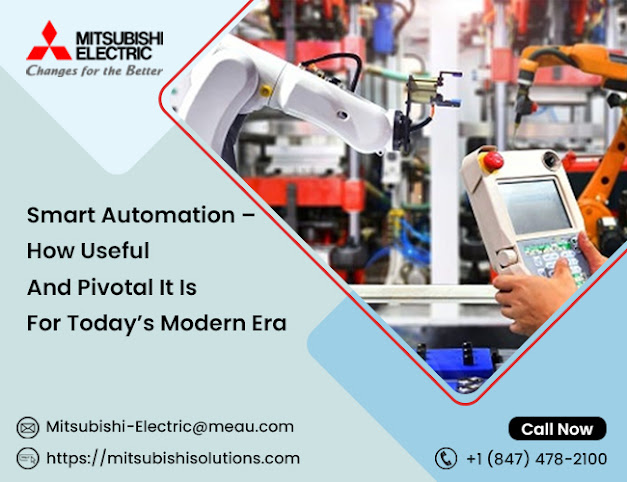The Role Of Artificial Intelligence In Factory Automation
The way industries run has been transformed by artificial intelligence (AI). Automated pallet stackers, manufacturing robots, and material handling automation are just a few examples of how AI has changed factory automation. The use of automated conveyor systems has increased as businesses try to simplify their operations and cut expenses. We will examine the function of AI in factory automation and how it has significantly impacted the sector in this blog.
Material Handling Automation
Any factory automation system must have automated material handling. It involves using machinery to transport goods and materials around a production floor, which eliminates the need for workers. Automation of material handling has improved in accuracy and efficiency thanks to AI.
The usage of factory robots is one illustration of automated material handling. These robots are taught to carry out particular duties, including picking up and moving objects, loading and unloading supplies, and even putting together finished goods. These robots can learn new tasks and adapt by using AI, which increases their adaptability and usefulness.
Automated Conveyor Systems
Conveyor automation is yet another essential element of factory automation. By removing the requirement for manual labor, they are utilized to transport goods and materials on the production floor. Automated conveyor systems are now considerably more effective and adaptable thanks to the usage of AI.
AI can be used to monitor and manage conveyor systems to make sure they run as efficiently as possible. AI, for instance, can recognize when a conveyor belt is moving too slowly or when a product might become trapped. By adjusting the conveyor system based on this data, the chance of downtime and product damage can be decreased.
Mitsubishi Automation
Leading suppliers of factory automation solutions include Mitsubishi Automation. They provide a variety of goods and services aimed at assisting businesses in streamlining their operations and boosting productivity.
Mitsubishi Automation has been able to provide its clients with even more sophisticated solutions because of the application of AI.
The Smart Condition Monitoring system from Mitsubishi Automation is an illustration of an AI-powered solution. The quality of production equipment is monitored by this system, which employs AI to spot possible problems before they become serious ones. Companies may benefit from this by reducing downtime and raising productivity.
The Benefits Of AI In Factory Automation
The use of AI in factory automation has numerous advantages. The most important advantage is improved effectiveness. Factory operations may run more quickly, more accurately, and with less downtime when AI-powered machinery and systems are used.
Improved safety is another advantage of AI in factory automation. Manufacturing facilities can lower the risk of workplace accidents and injuries by doing away with the necessity for manual labor. Further reducing the danger of harm to employees, AI-powered technologies and systems can be built to recognize and react to possible safety concerns.
The Takeaway
The industry has been significantly impacted by AI's use in factory automation. Automated pallet stackers, manufacturing robots, and material handling automation are just a few examples of how AI has changed factory automation. Mitsubishi Automation and automated conveyor systems have evolved thanks to AI's usage.




Comments
Post a Comment